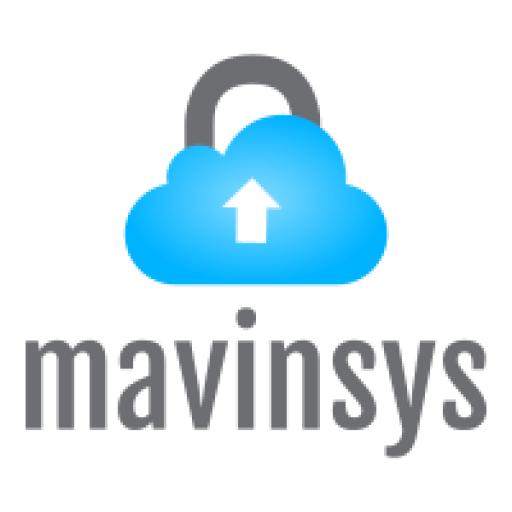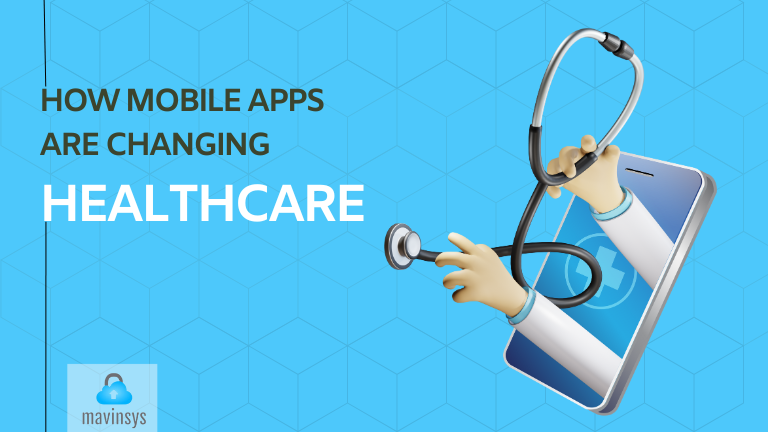The healthcare sector has changed in recent years thanks to the creative ways that mobile applications have improved patient care, streamlined processes, and increased overall efficiency.
The increasing use of tablets and smartphones has opened the door for the creation of mobile applications that address every facet of healthcare delivery, from remote monitoring to patient involvement.
This article examines how mobile applications have revolutionized the healthcare industry and identifies the major themes influencing the direction of healthcare app development.
Improved Patient Engagement
Increased patient participation is one of the main advantages of smartphone applications for healthcare. Through apps, patients may quickly contact with healthcare professionals, make appointments, and access their medical information.
Patients are able to manage their health more actively because to this improved connectedness, which improves results and raises patient satisfaction.
Also Read – IT Consulting Service Making a Difference in Healthcare Industry
Remote Monitoring and Telemedicine
Mobile apps have also facilitated the rise of remote monitoring and telemedicine, allowing healthcare providers to monitor patients’ vital signs and health metrics remotely.
This will be especially beneficial to patients with chronic illnesses who require frequent monitoring but may not be able to attend a healthcare facility on a regular basis.
By using telemedicine software, patients may consult with doctors virtually, reducing the need for in person visits and improving access to treatment, especially in rural or underserved areas.
Efficient Healthcare Delivery
Through the digitization of procedures like prescription administration, appointment scheduling, and invoicing, mobile applications have simplified the delivery of healthcare.
Patients and healthcare practitioners benefit from the time savings as well as the decreased chance of errors that come with manual operations.
Apps may also assist healthcare institutions in better resource management, which lowers costs and boosts productivity.
Personalized Health and Wellness Solutions
Another significant impact of mobile apps in healthcare is the availability of personalized health and wellness solutions.
Apps can collect and analyze data about users’ health behaviors and provide personalized recommendations for diet, exercise, and lifestyle modifications.
Thanks to this individualized approach to healthcare, individuals are empowered to make decisions about their health and well-being, which promotes healthier lives and better health results.
Key Trends in Healthcare App Development
Several key trends are shaping the future of healthcare app development, including:
Integration with Wearable Devices: More and more apps are being combined with wearable technology, including fitness trackers and smartwatches, to offer individualized feedback and real-time health monitoring.
Artificial Intelligence and Machine Learning: Healthcare applications utilize AI and machine learning algorithms to evaluate massive datasets and offer insights that enhance patient outcomes, diagnosis, and treatment.
Blockchain Technology: To protect patient privacy and ensure data security, blockchain technology is being investigated for the safe storage and exchange of medical records.
Augmented Reality (AR) and Virtual Reality (VR): Healthcare applications are using AR and VR technology for patient education, healthcare worker training, and even pain treatment.
Conclusion
Mobile applications are revolutionizing the healthcare sector by increasing patient interaction, facilitating telemedicine and remote monitoring, expediting healthcare delivery, and providing individualized health and wellness solutions.
Healthcare app development will continue to innovate as technology develops further, opening up new avenues for bettering patient care and the healthcare experience.
Looking for the best Healthcare app development in USA?
Mavinsys is here to help you.
FAQ’s
What are the benefits of using mobile apps in healthcare?
Mobile apps in healthcare offer improved patient engagement, remote monitoring capabilities, streamlined healthcare delivery, and personalized health solutions. These benefits lead to better patient outcomes, increased efficiency, and enhanced access to care.
How can mobile apps improve patient engagement?
Patients may quickly connect with healthcare professionals, arrange appointments, and access their medical information with the use of mobile applications. Better participation and health results result from people managing their health more actively, which is encouraged by this greater connectedness.
Are mobile apps secure for storing sensitive health information?
Indeed, mobile applications employ cutting-edge encryption and security protocols to guarantee the secure transfer and storage of private health data. Additionally, in order to safeguard patient security and privacy, healthcare applications comply with stringent regulatory regulations, including HIPAA.
What trends are shaping the future of healthcare app development?
Key trends in healthcare app development include:
Integration with wearable devices.
The use of artificial intelligence and machine learning.
Adoption of blockchain technology for secure data storage.
The use of augmented reality and virtual reality for training and patient education.
These trends are driving innovation and improving healthcare delivery.

